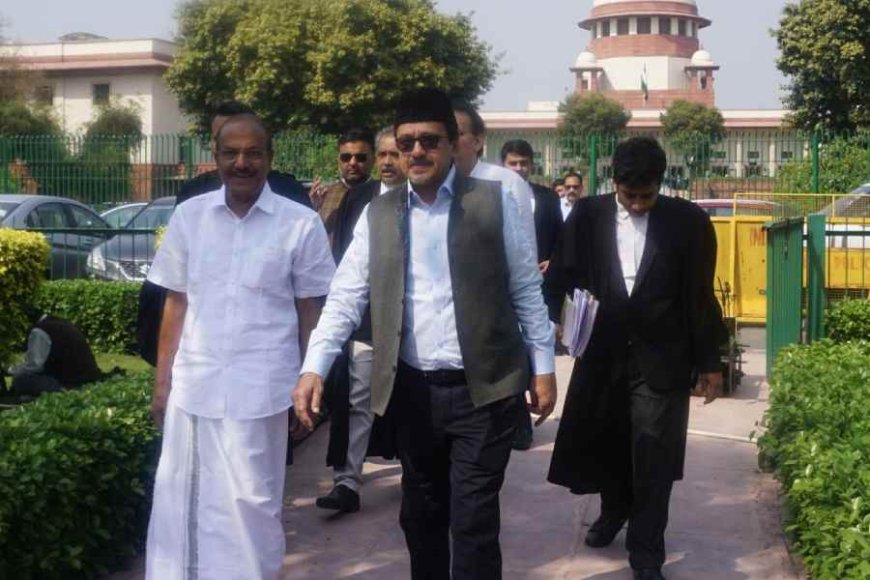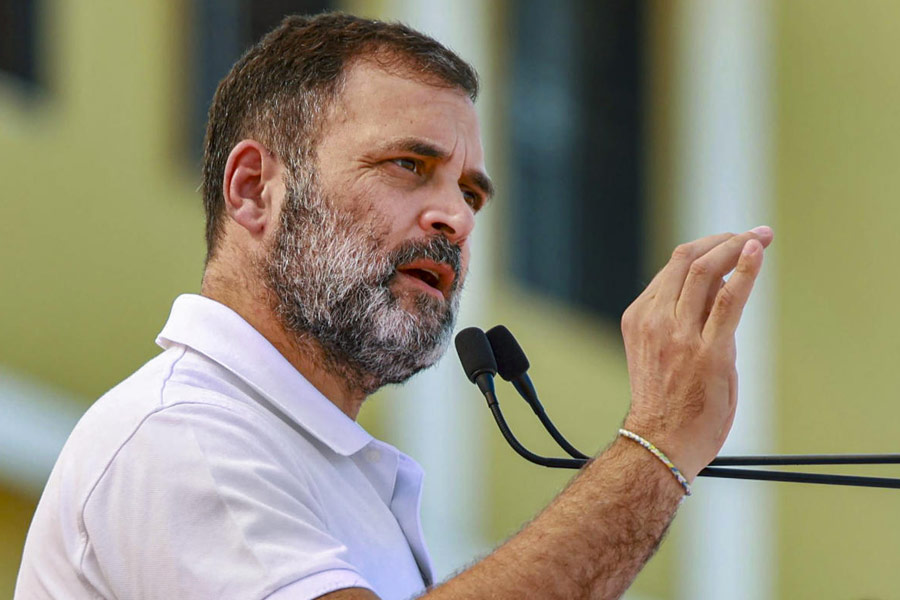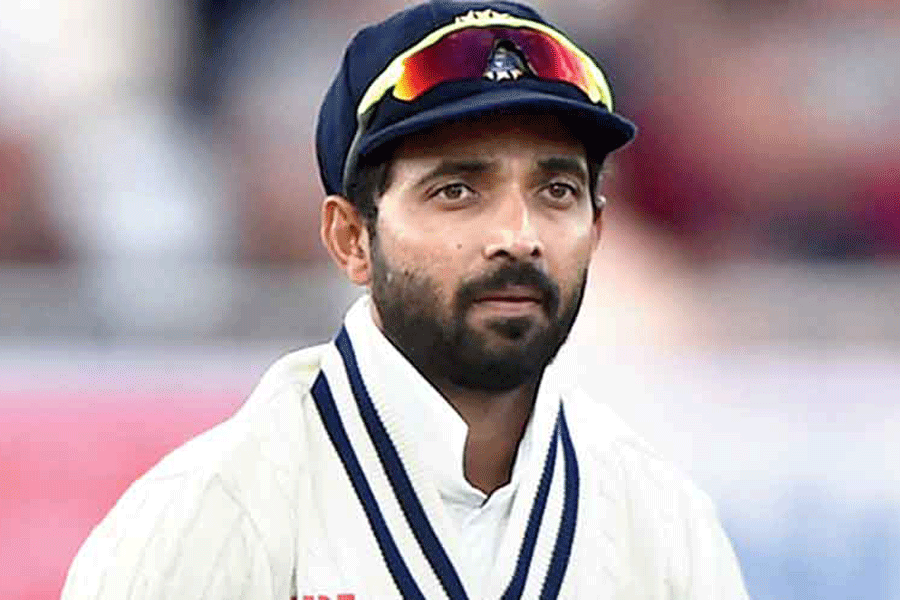Supreme Court Declines Stay on Citizenship Amendment Act Rules, Highlights Lack of Infrastructure
Bench Refuses Immediate Intervention, Cites Center's Unpreparedness

The Citizenship Amendment Act regulations went into effect on March 11. The Supreme Court denied a stay of this implementation on Tuesday, but informed the petitioners that the Center still needed to set up the necessary "infrastructure" to complete the procedure.
Chief Justice of India D.Y. Chandrachud addressed senior counsel Kapil Sibal and Indira Jaising, who were representing the Indian Union Muslim League (IUML) and a number of other parties during the hearing, saying, "But the infrastructure of the State... committee, etc. is not even in place."
Judges J.B. Pardiwala and Manoj Misra were among the bench members who made the observation after the senior counsel pleaded with them several times to postpone the regulations' implementation, claiming that granting citizenship would make it "irreversible."
The CJI commented that the infrastructure was not even prepared for the CAA's implementation when Jaising begged the court to at least note that citizenship would be contingent upon the resolution of the batch of petitions.
In his appearance on behalf of the Center, Solicitor General Tushar Mehta told the bench that "three tiers" would be established to review citizenship grants in accordance with the regulations. The intention was to clarify that citizenship applications must be approved at the district, state, and federal government levels in order of priority.
A total of 236 petitions and applications against the Citizenship Amendment Act of 2019 were being handled by the supreme court. The statute expedites the citizenship process for non-Muslims from Afghanistan, Bangladesh, and Pakistan.
Prior to the general election on March 11, the Center published a notice in the gazette outlining the act's regulations.
The CJI reassured Sibal once more when he stated, "If something happens (grant of citizenship), we will move the court."
Sidharth Luthra, a senior counsel, vehemently disagreed with the central government's request for four weeks to respond to the stay application. The petitions were filed in 2020, Luthra informed the judge, and the Center had no need to pursue them for so long.
The bench moved the case to April 9 and stated that it would only give the Center three weeks to submit a response.
Appearing on behalf of certain tribal communities, senior counsel Vijay Hansaria expressed concerns that the CAA will promote widespread illegal immigration into Assam and other regions of the Northeast, despite the fact that specific tribal areas spanning seven districts of Assam had been left out of the act's purview.
The AIMIM's advocate, Nizam Pasha, claimed that the CAA was biased against Muslims. Mehta refuted the claim, referring to it as "misapprehension."
Except for the headline, this story has not been edited by Press Time staff and has been published from a syndicated feed.























































